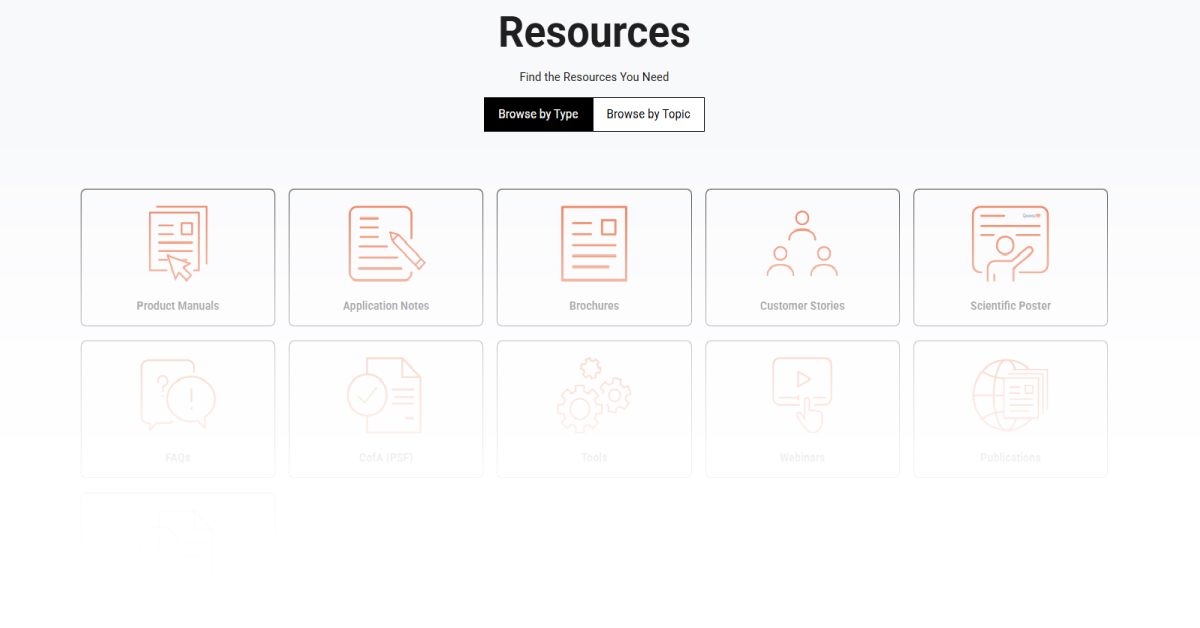App Note: Rapid Library Preparation for RNA Virus Sequencing
In many ways, sequencing an RNA virus is similar to any other genome sequencing project. But there’s one major difference: when it comes to RNA viruses, particularly emerging strains, speed can be absolutely critical.
For those situations, you need fast sequencing, but also rapid library prep. Here at Quantabio, we understand the challenge and we’ve got you covered. In a new application note, we describe an approach to RNA virus whole genome sequencing using library prep products designed to match any type of downstream sequencing platform.
One of the main methods for viral genome sequencing is PCR amplicon sequencing. This well-established technique is highly specific, sensitive, and cost-effective; it offers deep coverage even at low viral load. However, PCR-based sequencing tools often target specific genomic regions. This can limit their ability to sequence large genomes, potentially missing insertions, deletions, and novel regions.
The first step in many RNA sequencing methods is conversion into cDNA using a reverse transcriptase (RT). Despite its pivotal role, many commercially available RTs have a limited ability to generate long cDNA products because of low processivity and poor activity at temperatures sufficient to relax complex secondary structures often adopted by RNA viruses. Quantabio’s recently developed qScript® Ultra RT overcomes these challenges with higher processivity and a higher cDNA synthesis temperature, allowing for long cDNA synthesis from challenging templates.
Using this novel enzyme, we developed a simple and robust methodology for whole viral genome sequencing based on long cDNA synthesis and long-range PCR. For the application note, we evaluated the approach using RNA from coronavirus strains. Gene-specific primers were used for long cDNA synthesis using the qScript cDNA Ultra Flex Kit, followed by long amplicon (~10 kb) generation with our repliQa HiFi ToughMix and whole genome sequencing. Overall, we showed that longer and faster cDNA synthesis followed by rapid, long-range, high-fidelity PCR is a reliable method for monitoring viral evolution, mutation surveillance, and pathogen detection.
To reduce the number of cDNA reactions needed for each sample, we utilized two gene-specific primers for each cDNA reaction. We also used two different primer sets for long-range PCR amplification. This multiplex approach reduced the number of cDNA and PCR reactions by half, lowering costs and improving reaction throughput.
We also focused on cDNA length. Most commercially available RTs can generate cDNA up to 20 kb; ours can do so in just 10 minutes. Since some RNA viral targets are significantly longer — coronaviruses are often around 30 kb — we specifically tested the capability of Ultra RT to synthesize cDNA beyond 20 kb. By extending synthesis time to 30 minutes, we were able to synthesize cDNA well beyond that length, generating data for all three targets across the 30 kb genome we tested.
Please check out the full application note for a detailed look at our methods and the factors we optimized to enable rapid library prep for RNA virus sequencing. The full workflow we developed includes three Quantabio products: qScript Ultra Flex Kit, repliQa HiFi ToughMix, and sparQ DNA Frag and Library Prep Kit. We demonstrated that the combination of these products generates high-quality libraries from whole viral genomes.
Recent posts


Subscribe to Our Blog
Read More

Now Available: Step-by-Step Video Tutorials for sparQ NGS Products

Double Duty: Our Library Prep Kits Streamline QC for PCR-Free Sequencing

